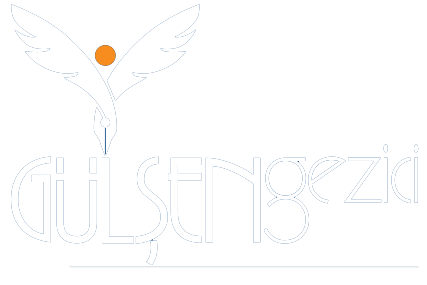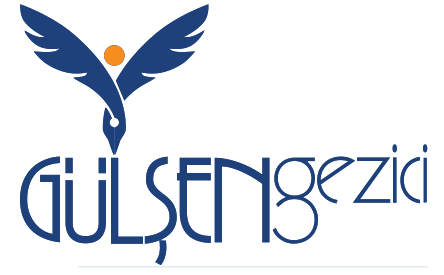
Labor Law
Labor Law: Regulation of Employee and Employer Relations
Labor law is a legal discipline that regulates the complex relations between employees and employers, determines the basic rules of the business world and protects the rights of employees. The main purpose of labor law is to ensure fair working conditions, protect workers' rights and maintain the balance between employer and employee.
Basic Principles of Labor Law
Fair Working Conditions
One of the most basic principles of labor law is fair working conditions. This means providing workers with a safe working environment, fair remuneration, regular working hours and adequate rest periods. Additionally, employers' obligation to provide equal opportunities to employees is also part of this principle.
Employment Contracts
Labor law covers employment contracts, which are the basic document regulating the relationship between employee and employer. Employment contracts specify working conditions, wages, job description and other important details. The rights and obligations between the parties are clearly determined.
Main Topics of Labor Law
Job security and health
It contains detailed regulations on labor law, occupational safety and health. Employers are obliged to ensure that employees work in a safe environment. This includes identifying potential hazards in the workplace, taking necessary precautions, and training employees.
Dismissals and Workers' Rights
Labor law regulates the fair and legal conduct of dismissals. Respecting workers' rights, clearly stating the reasons for dismissals, and providing protection against unfair practices against workers are important elements in this regard.
Union Rights and Collective Labor Relations
Labor law regulates the establishment, activities and labor strikes of labor unions. Union rights include the right of workers to fight collectively and negotiate their demands with employers. Collective labor relations aim to maintain a balanced dialogue between employees and employers.
Developing Areas of Labor Law
Flexible Working Models
Today, labor law is adapting to modern business world trends such as flexible working models. Issues such as remote working, freelancers and different working hours are among the developing areas of labor law. In this context, labor law is constantly updated to keep up with the changing business world.
Digital Workforce and Data Security
Digitalization has confronted labor law with new problems. Issues such as protecting employees' personal data, regulating remote work and the use of digital business tools require labor law to adapt to this new reality.
Conclusion
Labor law is a branch of law that is constantly evolving to adapt to the dynamic structure of the business world and maintain the balance between employee and employer. Its basic principles and regulations ensure the healthy growth of the business world by contributing to the establishment of fair and sustainable business relations. Labor law plays an important role for the well-being of society, because fair working conditions and workers' rights are an important factor affecting not only individuals but also an entire society.

